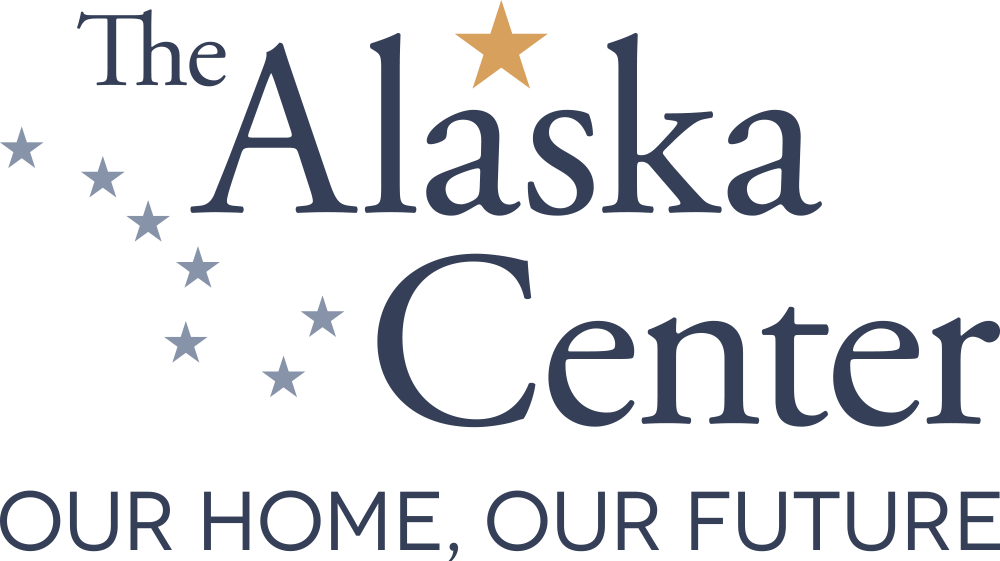Folks may have heard about Just Transition in the news, but what is it exactly? In short, Just Transition is a movement to shift from our current extractive and violent systems and economies, to more regenerative and restorative ones, across the board. Shifting away from sole dependence and subsidies on oil, gas and coal, to investing in community and commercial solar, wind, hydrothermal. From corporation crop and land ownership, to localized agricultural ownership and food allocation. Walkable cities, consistent and stable funding to education, affordable health care, and other public services. The good news, these transitions to other industries, work forces, energy and food sources are already here.
Farmer’s markets and locally-owned grocery stores like Southside Market, Calypso Farm and Roaming Root are thriving and providing a respite from food deserts in our communities. Community energy initiatives like Alaska Native Renewable Industries’ solar workforce training with Tanana Chiefs push this work forward. And our communities are redefining what works best for their members in crisis with programs like the Crisis Response Center. These are real, tangible and localized solutions led by our neighbors, building toward a healthier, restorative and sustainable Fairbanks.
However, we must guarantee that justice, equity and intersectionality are at the core of this transition. For any Just Transition to happen, it must center and amplify the very people our current system marginalizes: Black, Brown and Indigenous communities, queer people, disabled people, poor people, first-generation Americans and immigrant families. Otherwise, we foster the same obstacles we already face, and our solutions fall short.
We already see the consequences of not working with and for the communities when building toward this Just Transition. The Borough Assembly pushed the transition to Natural Gas, and we quickly saw that transition move. However, homeowners were not adequately consulted beforehand to see if that transition was even affordable and if the implementation would work with contractor season in the first place. Homeowners have to figure out if they need to switch out and potentially pay for new boilers or wood stoves, wait and pay an inspector to see if a line can even be installed, then wait to be connected. That takes time, research and money that homeowners already don’t have. GVEA was jazzed about the new electric car charging station installed right in Fairbanks. But when their member-owners are already struggling to pay their electric bill because of the price of energy sources, who’s got money for an electric car, let alone to charge it? For communities marginalized and experiencing discrimination through homeownership and a lack both of quality housing and affordable means for utilities and transportation, those solutions become salt in the wound from a system that isn’t working.
Both of those solutions have the necessary intentions. We need clean, affordable energy to heat our homes. Natural gas lines aren’t the direct solution. We need more reliable and cleaner transportation. Electric cars aren’t either. Neither solves the actual root of the problem — dependence on oil, gas and coal, poor city planning and zoning, and prioritizing car ownership instead of quality public transit. When you expect engagement rather than directly consulting with the communities facing the brunt of those issues, your solutions will always fall short.
Communities marginalized have already been transitioning for decades; we’ve had to since these systems were not made for us in the first place. When you live in the throes of oppressive systems, you find creative ways to navigate. Our communities take care of each other. We feed each other, invest financially and spiritually, and work and create with each other. We are creating firms and businesses and collectives and projects an initiative together that addresses the issues and crises we are experiencing. Villages are in an energy crisis; Edwin Bifelt said, “alright, bet.” Communities needed better access to locally-grown foods, Calypso said, “alright, bet.” Black residents were tired of not having a place to buy quality products for our health. Epic Hair & Beauty said “Babe, I gotchu.” It takes that kind of energy to make these transitions just, which is exactly why we need to lead them. People suffering will have the very solutions to address it directly. We need the room, decision-making authority, the investment, and the collaboration to make this. Nothing for us can truly be done without us.
Alyssa Quintyne is a Fairbanks resident and a community organizer with The Alaska Center.
By Alyssa Quintyne
Originally posted by Fairbanks Daily News-Miner
May 7, 2022
Share this Post

